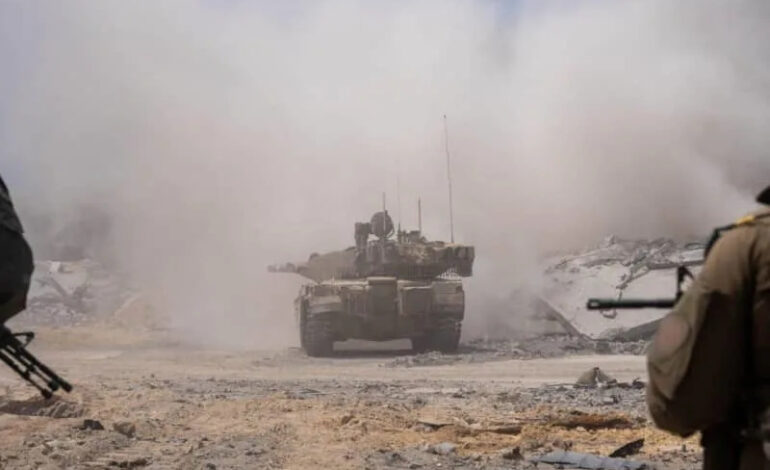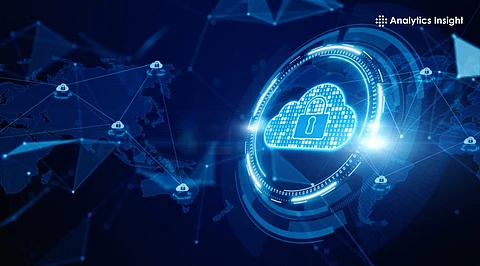Israel Faces Power Crisis Risks During Wartime, Study Warns

Israel’s electricity sector may face critical vulnerabilities during wartime, according to a recent study led by Dr. Erez Cohen from Ariel University. The research indicates that the nation’s heavy reliance on natural gas, combined with insufficient storage capacity and centralized infrastructure, could lead to significant disruptions in essential services during times of crisis.
The study, published in the journal Energy Sources, Part B: Economics, Planning, and Policy, highlights alarming weaknesses within Israel’s energy system. Specifically, it points to the risks associated with the country’s dependence on natural gas, which accounts for approximately 70% of its electricity generation, sourced primarily from the Tamar and Leviathan gas fields. These facilities lack backup resources, making them particularly susceptible to missile attacks or cyber threats.
Cohen’s analysis examined Israel’s energy resilience in security emergencies, using data from production and consumption trends alongside a review of policies from 2018 to 2024. He noted that the findings reveal the country is ill-equipped for prolonged power outages, especially in critical sites such as hospitals and water facilities.
Key Vulnerabilities in Israel’s Energy Sector
The study identifies four main vulnerabilities threatening Israel’s energy security:
1. **Overdependence on Natural Gas**: The reliance on natural gas without strategic reserves increases vulnerability during conflicts. Any disruption could severely impact the entire energy grid.
2. **Supply-Demand Gap**: A report from the State Comptroller in 2024 warned of a potential natural gas shortage by 2026, which could inflict economic damage worth hundreds of millions of shekels.
3. **Lack of Storage Capacity**: Despite achieving roughly 12% of electricity generation from renewable sources, Israel’s energy infrastructure lacks adequate storage to ensure continuity during crises.
4. **High Centralization**: The centralized nature of the national grid means that damage to a significant power station or offshore gas platform could lead to widespread outages across the country.
Cohen underscores the reality that during emergencies, power, water, and healthcare facilities could be deprived of energy. He stated, “In the Gaza war, we saw how our dependence on natural gas made us vulnerable. Any malfunction or hit on a central facility could paralyze the entire economy at a critical moment.”
Recommendations for a Resilient Energy Future
Cohen argues that immediate action is necessary to mitigate these risks. He advocates for a shift away from the current centralized system towards a more decentralized and flexible energy model. “We need local microgrids that will allow critical areas, such as hospitals and remote communities, to keep operating even if the national grid collapses,” he explained.
Investment in energy storage is also crucial. Cohen emphasized, “This isn’t an environmental luxury; it’s a national safety net. Without storage capacity, even renewable energy won’t save us in a moment of crisis.”
He also calls for the establishment of a comprehensive digital and security defense network. This would involve creating a joint emergency coordination unit that includes the defense establishment, the Energy Ministry, and the Cyber Authority to manage the electricity sector in real time during crises.
Cohen concluded with a stark reminder of the strategic importance of electricity: “We tend to think of electricity as a consumer product, but in reality, it’s a strategic weapon. If we don’t ensure backup, storage, and decentralization, we may find ourselves in the dark, precisely when we need the light the most.”
As Israel navigates ongoing security challenges, strengthening its energy resilience will be essential for safeguarding critical infrastructure and maintaining national security.






